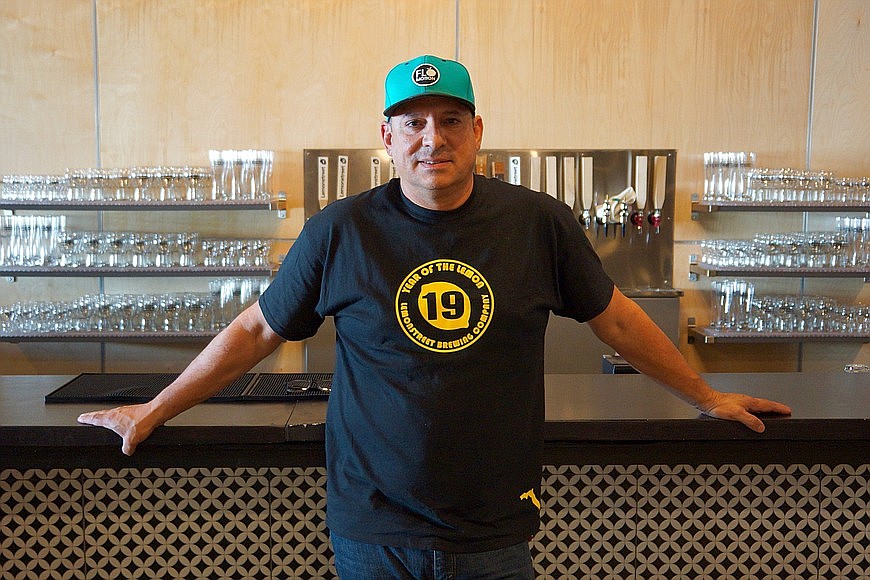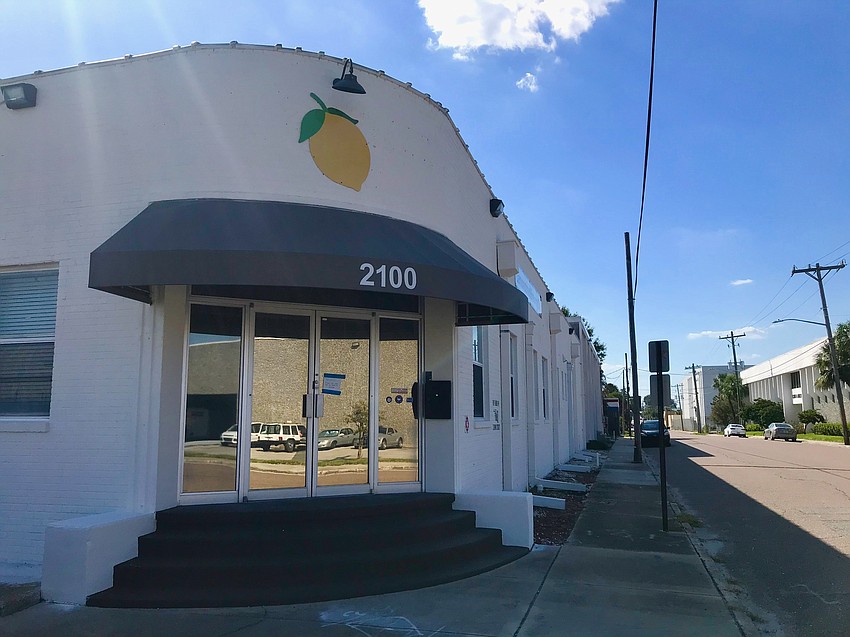
Lemonstreet Brewing Co. closed its doors for the final time Dec. 17, four years after coming to life in a renovated industrial building in the Rail Yard District.
Owner Joe Baez cited inflation and lingering effects of the pandemic as key factors in the closure, saying COVID-related restrictions that were imposed six months after Lemonstreet’s September 2019 opening put the business in a financial hole from which it could never fully recover.
The brewery, at 2100 Dennis St., qualified for a small amount of pandemic relief funding, he said, but not enough to prevent its prolonged closure from sapping its working capital and leaving it without resources to promote the business and draw attention to its off-the-beaten-path location.
The global inflation increase was the “final dagger,” Baez said, causing a 30% increase in business costs due to rising prices for utilities and supplies. As an example, his monthly bill for carbon dioxide, which provides the carbonation that gives beer its bubbles, more than doubled.
Baez said he spoke with several potential investors this year in an effort to keep the brewery open, but to no avail.

Lemonstreet was family-owned and operated, with Baez and his wife making a personal investment of more than $300,000 toward the $1.2 million building renovation and startup.
The 20,000-square-foot building at Dennis and Lemon streets was a former book bindery, paper manufacturer and warehouse space. Baez installed brewing equipment, a bar and such features as indoor boccie, dart boards and a pinball and video arcade.
The brewery was also home to El Cubano JAX, which served sandwiches and Hispanic dishes.
The founder of El Cubano JAX, Esteban Azofeifa, said he began exploring new options for an eatery this fall after learning that Baez was seeking investors. That led him to start a new food truck, Subpreme Jax, a mobile sandwich shop that will sell Cuban sandwiches, his signature item, as well as po’boys, meatball sandwiches and other types. The truck’s soft opening took place Dec. 16 outside Lemonstreet.
The brewery’s closure came a little more than four months after nearby Tabula Rasa Brewing ceased operations in August after five years in business. That same month, Myrtle Avenue Brewing opened at 633 Myrtle Ave. N. within a one-mile radius of Lemonstreet.
Baez, when asked whether he felt the brewery market in Jacksonville had become oversaturated, said he believed the struggles of local breweries were related to a lack of support by customers rather than an overabundance of competition. In speaking with other local brewery operators, Baez said he perceived that many of them were struggling.
“If you like local breweries, support them,” he said, adding that without increased patronage, “I think you’re going to see a wave of closures.”
Baez also criticized the city of Jacksonville’s support for small businesses, saying more financial grants and other resources should be dedicated to mom-and-pop enterprises versus initiatives for corporations and wealthy investors, such as stadium renovations for the Jacksonville Jaguars.
The Jaguars are seeking a 50-50 split with the city to pay for the stadium and surrounding sports entertainment district, which together could cost more than $2 billion.
With the brewery closed, Baez said his options included returning to work in his previous field, the banking tech industry, or joining the gig economy.
When he looks back on the Lemonstreet venture, he said, he would remember his relationships with the brewery’s patrons.
“We made a lot of friends,” he said.
“There were a lot of people who really supported us and were dedicated customers. That’s really the best part of the story.”